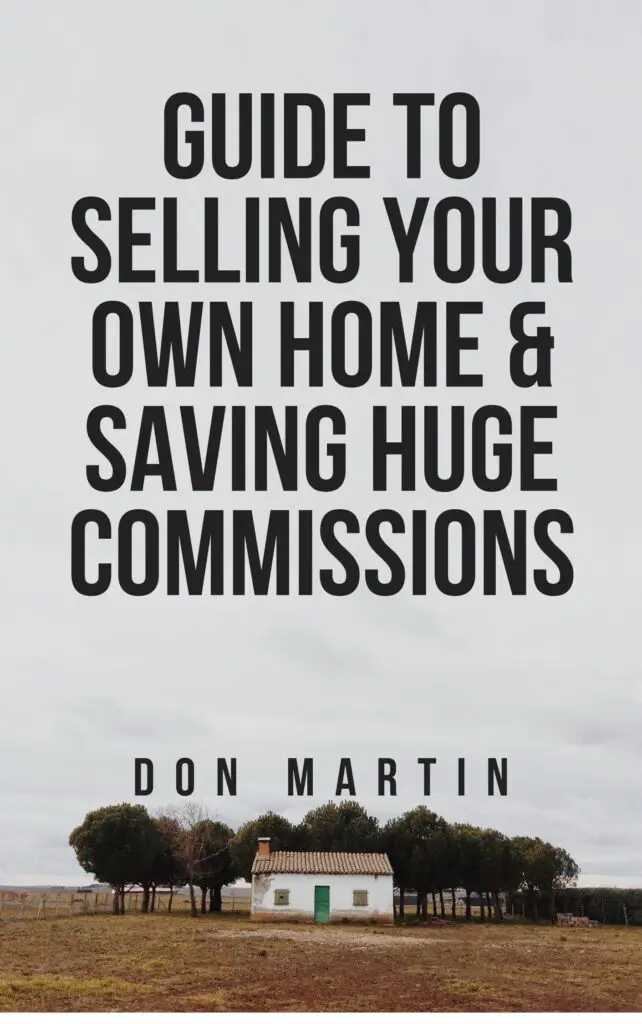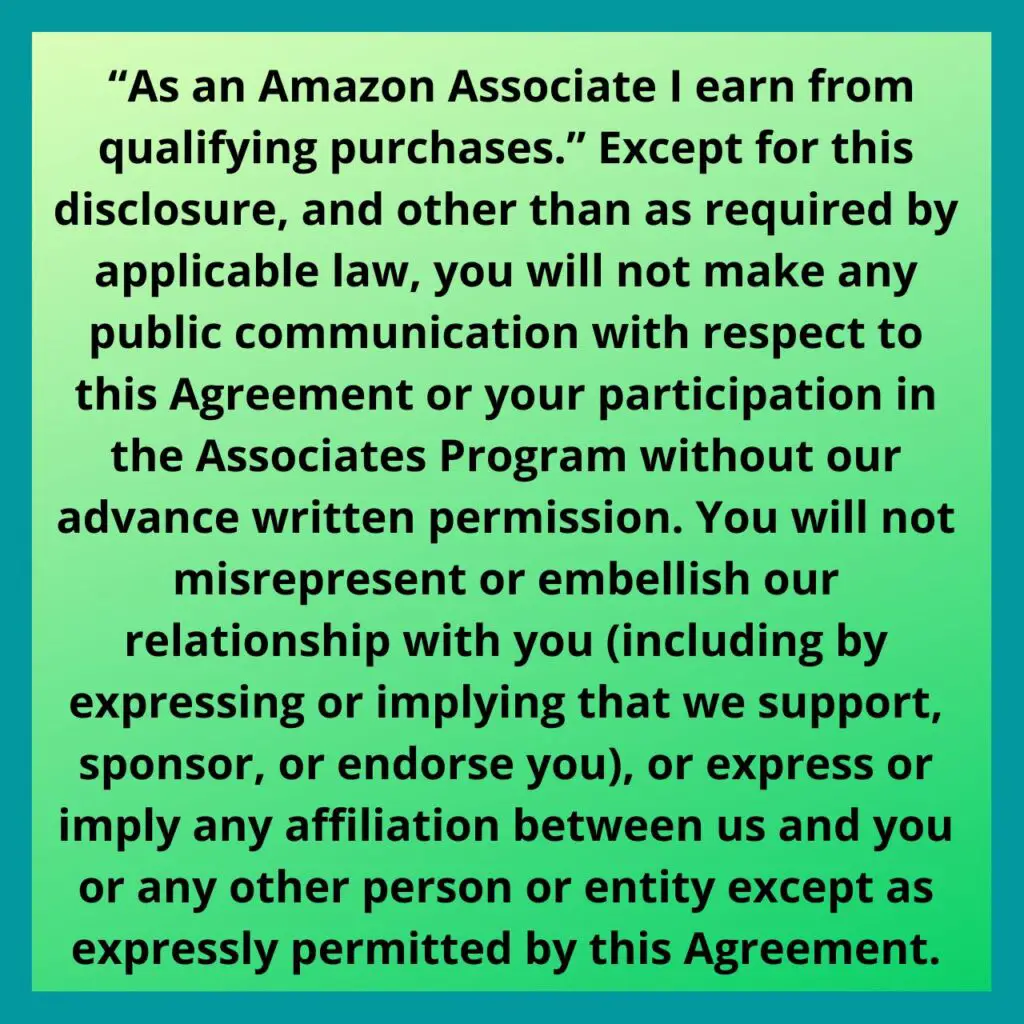In a real estate transaction and negotiation, an important issue is how much trust the seller has in a buyer and how “strong” the offer is. The existence and size of an earnest money deposit can help put a seller at ease to some extent.
Join our merry band of peeps and get a FREE REPORT – click here!
Good Faith Deposit
If you are selling your home, you should always require a buyer to make an earnest money or good faith deposit. The deposit simply establishes that the buyer is serious and, to some extent, has the financial capacity to complete the purchase.
The amount of the deposit is often dependent upon the agreed sale price of the real estate. Although percentages vary from state to state, a cash deposit equal to three percent of the sales price is typical. For instance, the deposit would be $3,000 for home selling at a price of $100,000. As with most transactions, this percentage is negotiable. The size of the deposit somehow reflects the “strength” of the offer by some yardsticks, as though a low offer may be offset somewhat by a high earnest money deposit. I have, over the years seen $500 and $1000 earnest money deposits, and once I saw a rather nice wristwatch used as an indicator of good faith.
Once the buyer and seller agree to the amount of the good faith deposit, you have to decide what to do with the deposit. Importantly, the seller should not hold the deposit as doing so could make the buyer uncomfortable. Instead, the money should be held in an escrow account of a third party. Potential third parties include escrow and title insurance companies, an attorney, as well as your agent’s company or your buyer’s agent’s company if there is one. It should be somewhere safely protected from buyer and seller, because if the transaction falls through, and the disposition of the deposit is contested, the matter may eventually go to a legal interpleader hearing.
A good faith deposit can act like insurance for a seller. A transaction can take 30 to 60 days, during which the property is off the market. The earnest money essentially compensates the seller for this time in the event the buyer is unable to complete the purchase of the property.
Depending on the laws in your state, a buyer who can’t close will forfeit his earnest money. Typically, the only exception to this is when the contract language indicates the deposit will be returned if the buyer can’t get a home loan. Of course, including such language can open the seller up to repeated frustration when bad credit buyers fail to get funding.
Earnest money deposits are just a fundamental part of a real estate transaction. Buyers should expect to pay them and sellers should demand them.
 Broker Don Martin, founder and CEO of Martin Properties, besides helping hundreds of FSBOs save thousands of dollars, also delivers seminars, keynotes and motivational messages to real estate and sales professionals. His 30+ years of experience in sales, marketing, real estate, promotion, management and technology has empowered thousands to expand their knowledge and achieve their goals. Connect with Martin Properties on Facebook, TheReasonableRealtor.com, MLS-TODAY.com or Amazon.com.
Broker Don Martin, founder and CEO of Martin Properties, besides helping hundreds of FSBOs save thousands of dollars, also delivers seminars, keynotes and motivational messages to real estate and sales professionals. His 30+ years of experience in sales, marketing, real estate, promotion, management and technology has empowered thousands to expand their knowledge and achieve their goals. Connect with Martin Properties on Facebook, TheReasonableRealtor.com, MLS-TODAY.com or Amazon.com.




![15 Proven Ways to Promote your FSBO House for Sale. Get the Word Out! [SELL]](https://thereasonablerealtor.com/wp-content/uploads/2024/01/Copy-of-backpages-journal-2-300x200.jpg)






